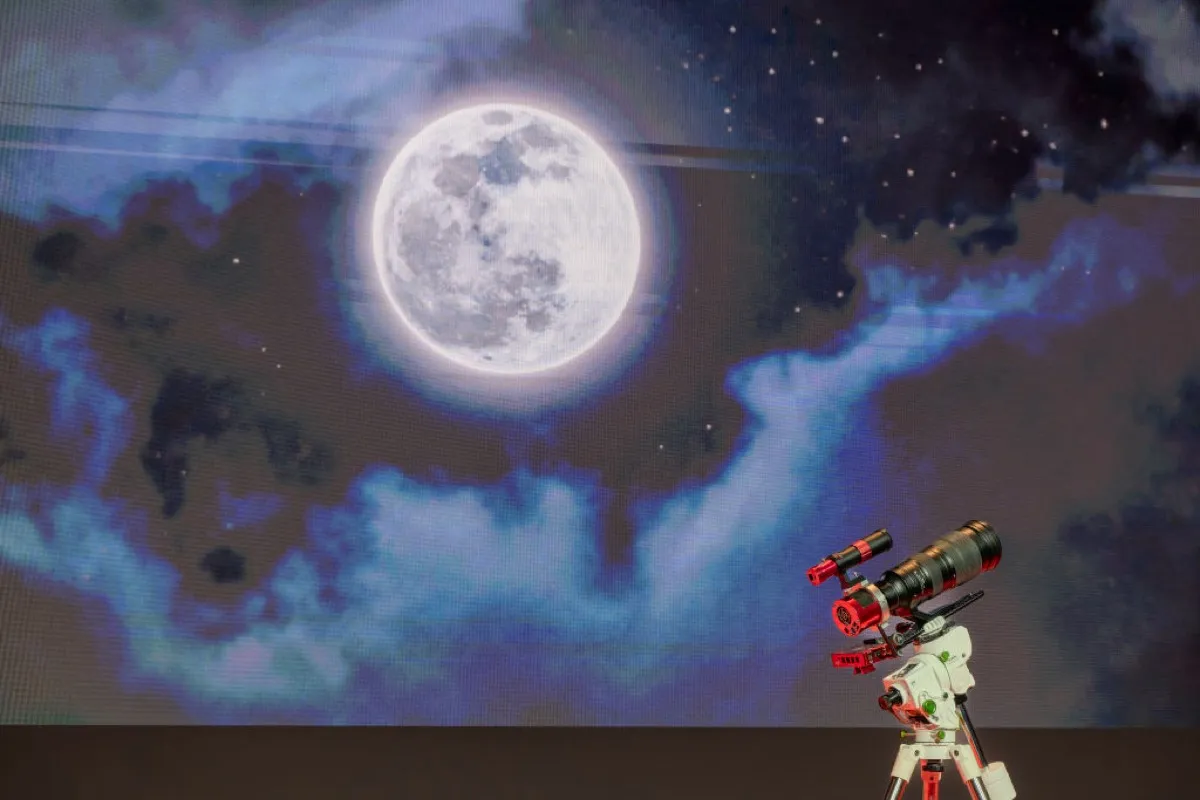The programming for the Apollo Guidance Computer involved many, many lines of very important code, all of which was written back in the 1960s. Above, that’s a famous photo of software engineer Margaret Hamilton standing next to a stack of paper that she says is comprised of “listings of the actual Apollo Guidance Computer (AGC) source code. To clarify, there are no other kinds of printouts, like debugging printouts, or logs, or what have you, in the picture.” Well, that may be true, but there are also some jokes buried in that stack of paper, too!
According to Quartz, the AGC code was made available to the public in 2003, when tech researcher Ron Burkey re-typed all of it. This past Thursday, NASA intern Chris Garry made it even more accessible to everyone by putting it all up on GitHub, a website where developers share code and trade thoughts on one another’s projects. Soon afterward, programmers began to find adorable and hilarious 1960s references within the code.
For example, “the keyboard and display system program … exchanged between the AGC and the computer operator” is officially titled “PINBALL_GAME_BUTTONS_AND_LIGHTS.s”. Within that file, there’s a Shakespeare quote from Henry VI: “It will be proved to thy face that thou hast men about thee that usually talk of a noun and a verb, and such abominable words as no christian ear can endure to hear.” Some have speculated that this quote is probably intended as a meta-joke about the code itself. Looks like this code … was written … by nerrrrrds!
Tor‘s coverage of the code includes more examples of jokes, including a Wizard of Oz reference, as well as a reference to Magnificent Montague’s famous “Burn, Baby, Burn” catchphrase, which made a comeback in the mid-60s during the Watts riots.
Let us know if you find anything else buried in there!
(via Tor, image via Wikipedia Commons)
—The Mary Sue has a strict comment policy that forbids, but is not limited to, personal insults toward anyone, hate speech, and trolling.—
Follow The Mary Sue on Twitter, Facebook, Tumblr, Pinterest, & Google+.









Published: Jul 14, 2016 08:25 am